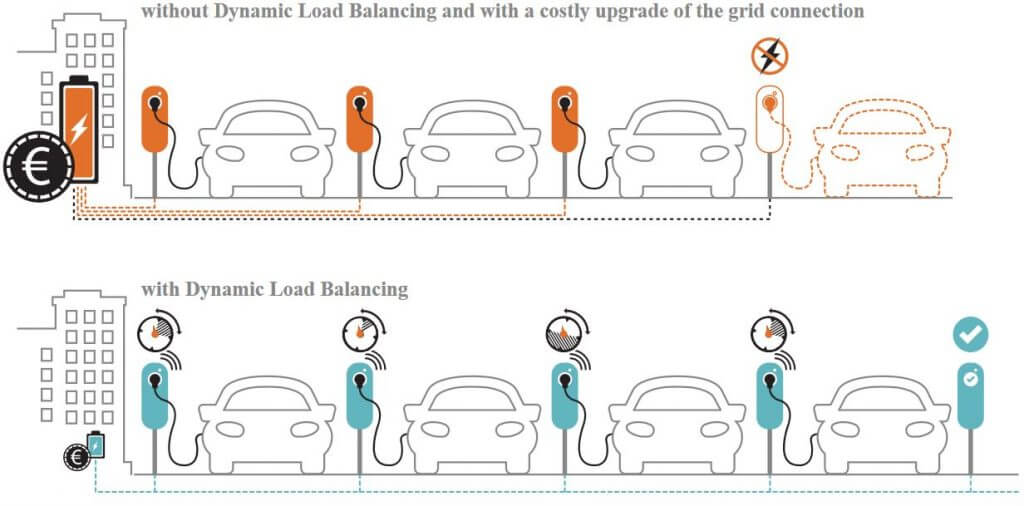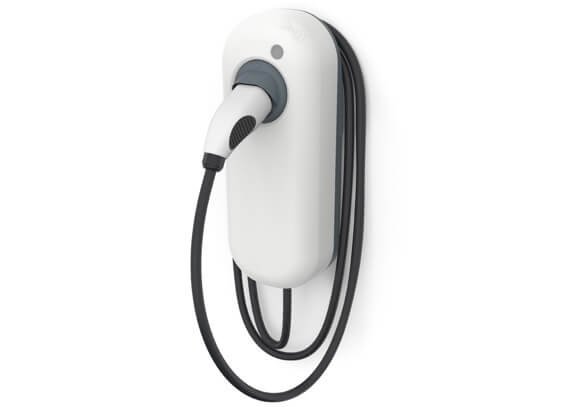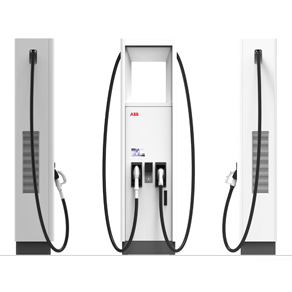As electric vehicles become more mainstream, businesses need to think about how to provide workplace EV charging stations to support their customers and staff, and improve their own bottom line. Businesses are many and varied, and could benefit from workplace EV charging in the following ways:
- Electric vehicles have lower running costs than petrol or diesel vehicles, so for businesses where mobility is central, such as taxi drivers or bus companies, rapid EV chargers are the obvious choice.
- Where companies run fleets of company cars, fast electric car charging stations installed at work and the home of the staff member will similarly reduce running costs
- Having EV charging stations at your place of work will become increasingly vital to attract business. Clients and customers may wish to fast charge their car when visiting your business premises. This is likely to be especially true in the retail/hospitality sectors, where being able to provide charging points will attract customers at the expense of those who do not provide this service.
- Your staff are also likely to require the ability to charge their electric cars at work – so it’s important to consider if you want to keep them happy!
There are a range of unique smart features that can be implemented for electric car charging points for the workplace, detailed below.
Dynamic load balancing
Many electric car charge station installations for work require multiple charge points. If all were being used simultaneously this could require an oversized, over-engineered solution, or otherwise risk overloading the electrics. However, our smart chargers feature dynamic load balancing which smartly allocates available power between the units.
So, for example we can set 6 units to charge at a maximum of 22kW. If only one workplace EV charging station is being used, it will receive the full 22kW. If three are being used, this drops to 7.2kW each, and if all 6 are being used, each vehicle receives 3.6kW. Overall it means you can run 6 charging points off of a 22kW supply, instead of something larger and more expensive.
This is because the required infrastructure (wiring, distribution boards, required import capacity) can be kept at more sensible sizes and minimise the cost of the installation. If your electric car parking bays aren’t going to be used at full capacity all the time (as cars come and go), this is an optimal approach to take.
We have adopted this approach across our public car park EV chargepoint installations for Southampton City Council.
Using chargecards
It is possible to set up billing on each charge station, where users pay to charge their vehicles. Rates can be set by the owner, and the units are accessed by a standard RFID charge card. All charge point usage and billing data is controlled by a centralised web portal for easy access by finance departments.
Billing home charging
For businesses running fleets, or paying staff travel expenses it is possible to connect a smart charger at home to the billing system of the business so that fuel costs can be reimbursed automatically.
Electric car charging stations from Joju Solar
Joju Solar offer a range of electric vehicle charge stations that are particularly well suited to businesses.
Grants for business EV chargers
Grants are available for installing electric car charging stations at work. Grants of £350 per charge point are available up to a maximum of 20 charge points. For more details see our Grants for Electric Vehicle Charging Page.
Further Reading











